Episode 3
Walking in Other Shoes: Exploring Empathy
S01 - Episode 3
June 22, 2024
32 mins & 58 secs
Speakers
Chris McLaughlin
Soren Peterson
About
Episode 3 continues the conversation begun last week with a deeper exploration of empathy. Through discussions of both travel and aging, Chris and Soren share with listeners what these topics mean to them through the lens of their LGBTQ+ identities. In today’s discussion, Chris and Soren also discuss the role privilege plays in their lived experiences as well as how their queer identities impact the way they navigate the world, for better or for worse.
*Please note that this episode contains sensitive behavioral health topics such as suicide and substance use. If you are experiencing a behavioral health crisis, please contact the 988 Suicide & Crisis Lifeline by calling 988 or visiting www.988lifeline.org.
**This podcast is for information and entertainment purposes only and should not be considered health advice. This podcast is not intended to replace professional medical advice.
Transcript
Chris: Soren, hi! Welcome back. I’m so glad that we got into this because I think it’s so interesting how closely the educational system of a culture, country, or community mirrors and parallels the cultural model of that community, right?
Soren: I’m glad we’re talking about this as well. You are very well-traveled, and what folks might not know about you is you and your family have traveled internationally from a very early age. You’ve been to some amazing countries, and you’re heading to some more amazing countries soon. We’ll talk more about that in a little bit too. When Soren travels, it’s through the lens of a 17-year-old high school student. So, what you might be picking up on in the countries you go to—like when I travel, it’s let’s talk about the food, the culture, what people do for fun or recreation in those countries. That’s a lens you’re looking through as well, and you can’t help but not look at these countries through the lens of a student. What’s some of the takeaways that you’ve learned as you’ve traveled this globe?
Chris: Broadly looking at education or just overall?
Soren: Let’s start with the education piece. So, I am looking at exclusively schools abroad right now. I really don’t want to go to college in the United States. I’m looking at the UK area and Ireland primarily because they speak English, but it will still be a different cultural experience. It will get me closer to a lot of the places that I want to visit more often, those being Mainland Europe. When we were in Portugal most recently, we visited a college there, and it was kind of shocking how similar it was to United States educational facilities.
Chris: In what ways?
Soren: Just the atmosphere of the college. It reminded me really strongly of some of the colleges we visited in Florida, like the University of Florida in Gainesville. It paralleled that for me a lot because in Portugal, we visited the University of Lisbon, and it was a really open atmosphere. There were kids everywhere, obviously it was a gorgeous day out, and even the architectural style mirrored it closely for me.
Chris: Did you have the opportunity to interact with any of the students there as part of your tour?
Soren: We didn’t go on a proper tour; we were just walking around the campus. I think I get more anxious around kids that are closer to my age, so I was having a little panic moment. Part of it is my fear of change wrapped up in just being thrown into a new environment. I had to take a second when I got there to calm down and acclimate because I get very flustered.
Chris: You don’t get much more real than being in person at the University of Lisbon, thousands of miles away from life and everything you know. It’s a year away; that’s real, that’s coming. I know in talking with your parents about preparing you for this coming trip to the UK and places you’ve toured and been to before, it’s making it really real for them too.
Soren: It’s scary but also really exciting. I have lived my entire life quite sheltered in Small Town Maine. Even though I’ve been exposed culturally and in reality a lot more than the vast majority of people that come from my area, which is a result of my privilege, when I’m visiting these countries, it’s through the lens of privilege. We stay at nice hotels, but we try to get the real experience when we go to places. In China, we got a fairly real experience because they don’t have that large of a tourism industry, so we were just in Beijing. My parents are intentional about experiencing things together as a family and not necessarily looking for five-star dining. We want to eat where the people of that country eat and be in the places those folks travel to.
Chris: Your parents are really intentional about that. When you all travel as a family, it’s about traveling as a family and experiencing things together. You’re not necessarily looking for five-star dining. You want to eat where the people of that country eat and be in the places that those folks travel to. You love the architecture, history, and culture of the places you’re visiting. Other family members, like your brother, appreciate that but also look for things like swimming pools to keep that exercise and sport stuff going. That was an opportunity for you and your mom to go sightseeing.
Soren: I love museums and walking the streets, examining the buildings. When I’m in a foreign country, I love people-watching because examining the mannerisms of other cultures is so interesting. It serves to denormalize the American cultural model, which I’ve grown up in as the standard. Experiencing these other things takes me off the pedestal that comes from immersion in American culture and allows me to value other cultures equally. I see a lot of Americans valuing our culture over others, which is arbitrary. There’s nothing that makes us distinctly good. We have important assets and emphasize important things, but looking down on other cultures simply because they aren’t like ours is foolish and arbitrary.
Chris: It’s bias. As both a social worker and a diversity, equity, inclusion, and belonging consultant, that American-centric, self-centered view of our country and our ways is all about bias.
Soren: I totally agree. Humans have evolved for tribalism, making us vulnerable to nationalism and mob mentality. Tribalism is important for fostering community and identity, but balance is crucial. Pride needs to be taken in small doses. I try to step back and appreciate each experience, which is balance for me. You can hold pride in your community and appreciate other cultures simultaneously. They are not mutually exclusive.
Chris: You can hold multiple things at the same time. You can have pride in your town, community, state, and country while appreciating someone else’s culture and experience. They are not mutually exclusive.
Soren: The nature of humanity is contradiction. Every human is a ball of conflicting emotions, thoughts, ideologies, and experiences. To be human is to bring these together into a unified individual. Hegel, a German philosopher from the 19th century, engaged with the idea of conflict and contradiction in humanity. Hypocrisy puts a negative connotation on just existing and ebbing and flowing. I used to create an idea of myself and need to adhere to it. Now, I adhere to what I feel is best in the moment rather than an idea.
Chris: This brings me back to traveling and experiencing other cultures and countries. Appreciation for the differences and similarities, like the university in Portugal, is essential. There’s a lot like what I’m used to back home.
Soren: We often emphasize differences when looking at other cultures, but it’s important to remember that every human is driven by similar things. We all want to be accepted, loved, happy, and healthy. We all want our loved ones to succeed. Empathy reinforces this idea. Even in China, which we see as foreign, I enjoyed interacting with locals. People took pictures with me and my brother because we were white, but every interaction was pleasant. We vilify entire countries because of their governments, but we cannot attach individuals to the organizations they live under. Guilty by association isn’t always the best way to look at the world.
Chris: Guilty by association creates a jaded perspective. My mother, out of rage and feeling protective, vilifies individuals with different ideas. Engaging with people I don’t necessarily agree with is enjoyable and interesting. I’ve been going to Bible study at our school, and I love the kids who run it. They’re motivated by kindness, compassion, and empathy.
Soren: Today’s episode has been brought to you by the Inspired Ally certificate program for educators looking to better partner with LGBTQ+ youth and their families. People in an advantaged position don’t realize they experience things differently or better than those who aren’t privileged because that’s just what they’ve lived their life like. I’ve lived in a fairly well-off family in a super-sheltered world in a wealthy country. Although I try to have empathy, I don’t have the experience base to truly engage with many people’s experiences. All I can have is sympathy and try to cultivate understanding.
Chris: I’m going to challenge you a little because I don’t think you have to have experience with what someone is going through to have empathy. You can appreciate their perspective and learn from them what they might be experiencing or feeling. You might have a friend whose house burns down and they’ve lost everything. That’s never happened to you, but you can appreciate what that might feel like. You can offer support, love, friendship, compassion, and empathy.
Soren: Let me rephrase. Empathy is an emotional experience, and emotions are universal, making empathy universal by transitive property. It’s difficult to talk with someone as equals without making them feel unlistened to when coming from different life experiences. It’s important to listen rather than talk over someone, especially when engaging with people with different experiences.
Chris: It’s not about comparing experiences. It’s about listening and supporting. Trauma competition is common among younger high school kids, wanting to be in the worst position. Self-harm communities can be very competitive, which parents and others might not fathom. Competing to harm oneself is a shocking reality.
Soren: Exactly. We’ve talked about youth culture and, unfortunately, queer youth culture. There’s a pervasive sense of not seeing oneself as worthy or deserving of a future, leading to reckless behaviors. We discussed this last time, how some kids don’t see themselves in the future, leading to a nihilistic outlook.
Chris: Many queer adults I’ve worked with or know personally feel the same. The idea of a retirement account or investing in property doesn’t factor in because they don’t see themselves as living that long. This mindset spans generations and impacts long-term planning.
Soren: It’s important to live life with some reckless abandon but also to plan for the future. It’s about balance, living for today while planning for tomorrow. Self-worth and seeing oneself as deserving of a future are crucial for long-term planning.
Chris: You mentioned friends who don’t engage with school because they see no point in performing well. They aim for just getting a diploma as a means to an end. Life is a journey, and if you don’t savor the journey, the endpoint won’t be pleasurable. Our podcast’s underlying theme is that our best days are still ahead, and we are all works in progress.
Soren: Our experiences are universal. Regardless of the year, these themes are consistent in everyday lives. Recognizing them allows for a more holistic human experience and engagement with our emotions.
Chris: Many people, regardless of ideology, struggle to engage in empathy with those who have different lives. As a clinical social worker, I see many reasons for this. We hope to make these conversations more accessible and inspire people to seek out different experiences to learn and grow.
Soren: It’s not just about empathizing with others but also with ourselves. A huge asset for my recovery was learning to empathize with myself. I had disconnected from my emotions and experiences, vilifying myself. Relearning to empathize with myself was crucial for my healing.
Chris: Self-understanding helps us understand others. Making time for self-reflection doesn’t come naturally to most. Your tough experiences brought you to where you are today. How do we inspire young people to explore themselves without needing tough experiences?
Soren: That’s a uniquely individual thing. For me, it took a shock to start my recovery. Disclosing my struggles brought immediate change in myself and my decisions. It was a sudden shift. I had attempted to end my life multiple times to avoid the process of knowing myself. It’s the ultimate defense mechanism.
Chris: Today’s episode has been brought to you by the Inspired Ally certificate program. Modules are designed to inspire confidence in partnering with LGBTQ+ communities. Human experience is complex, and my primary desire is to unravel that complexity from a standardized metric. Humanity is full of gray, which I love. I try to create black and white to better understand things, contrasting with our discussions.
Soren: I reject the standardized model society uses to compartmentalize things. I try to find my own black and white, my own definition of the binary.
Chris: Today’s episode has been brought to you by the Inspired Ally certificate program for educators looking to better partner with LGBTQ+ youth and their families. We’ve met some goals of sharing truth from our perspectives, inspiring conversations, and giving permission to have these conversations. Let’s call it a day.
Soren: Thank you guys so much for listening. I hope this cultivates an audience. Feel free to reach out to me or Chris.
Chris: Thank you, Soren, for your willingness to have this conversation and for being who you are.
Soren: I wouldn’t have a platform without you, Chris. Thank you.
Chris: Happy to give you that platform. Thanks all. This has been the Inspired Insights podcast with Chris McLaughlin and Soren Peterson. We’ll see you next time.
—
Inspired Insights Podcast brought to you by Inspired Consulting Group, LLC. Edited and produced by Amanda Sidell. Music by Derek Hurder. Copyright 2024. All rights reserved.
Show More
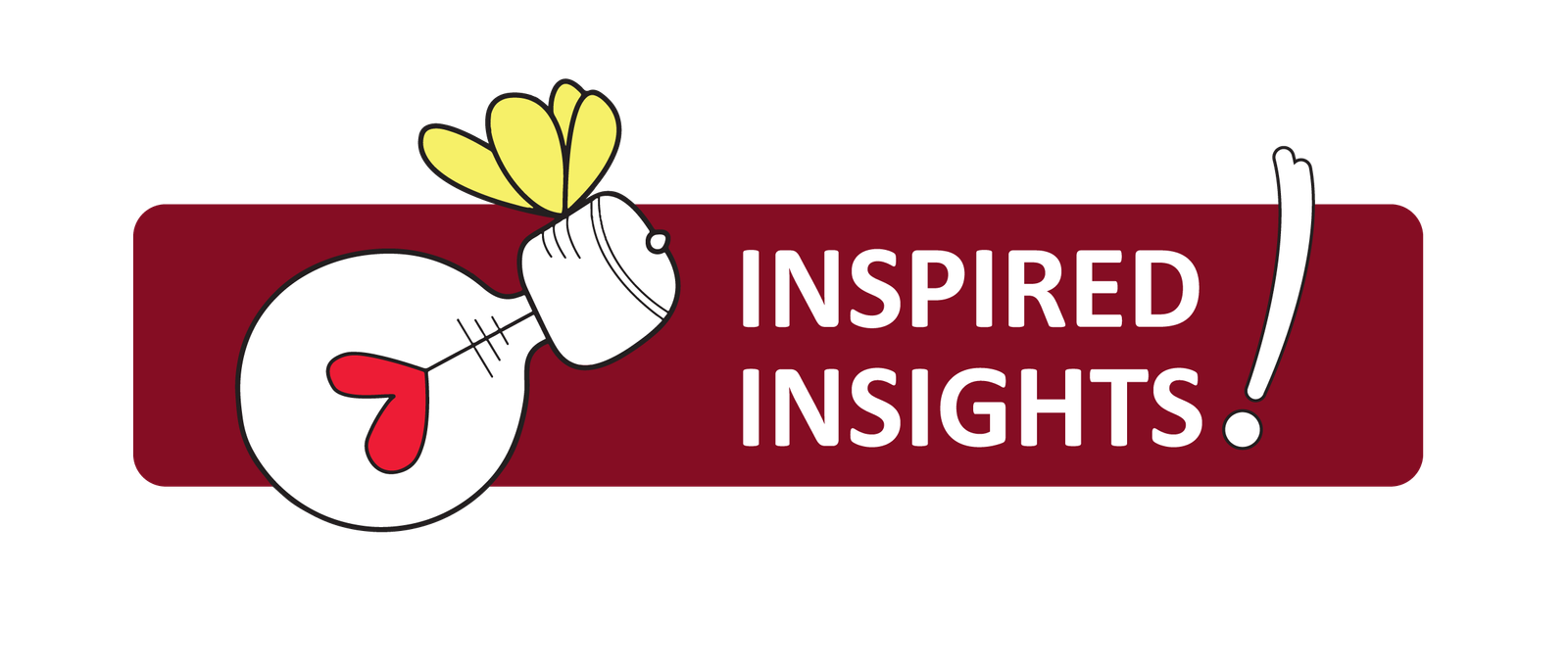
All Episodes
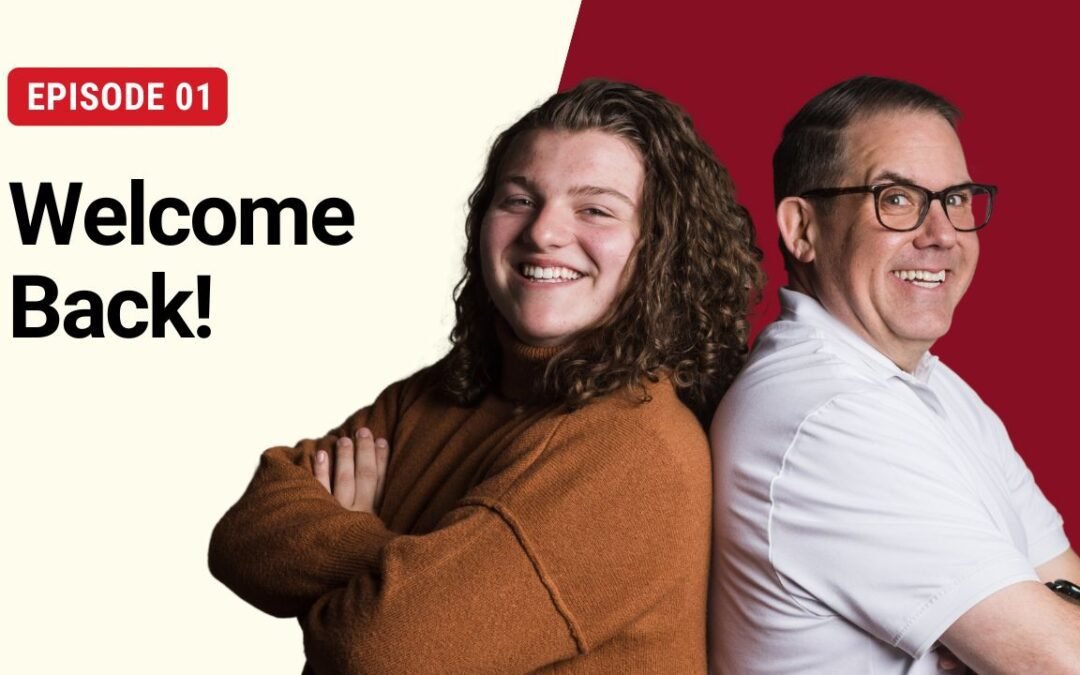
S3E1: Welcome Back
Welcome back to the Inspired Insights Podcast for the very first episode of Season Three! Join hosts Chris and Soren as they dive into a heartfelt conversation about the evolving world around us–and within us.
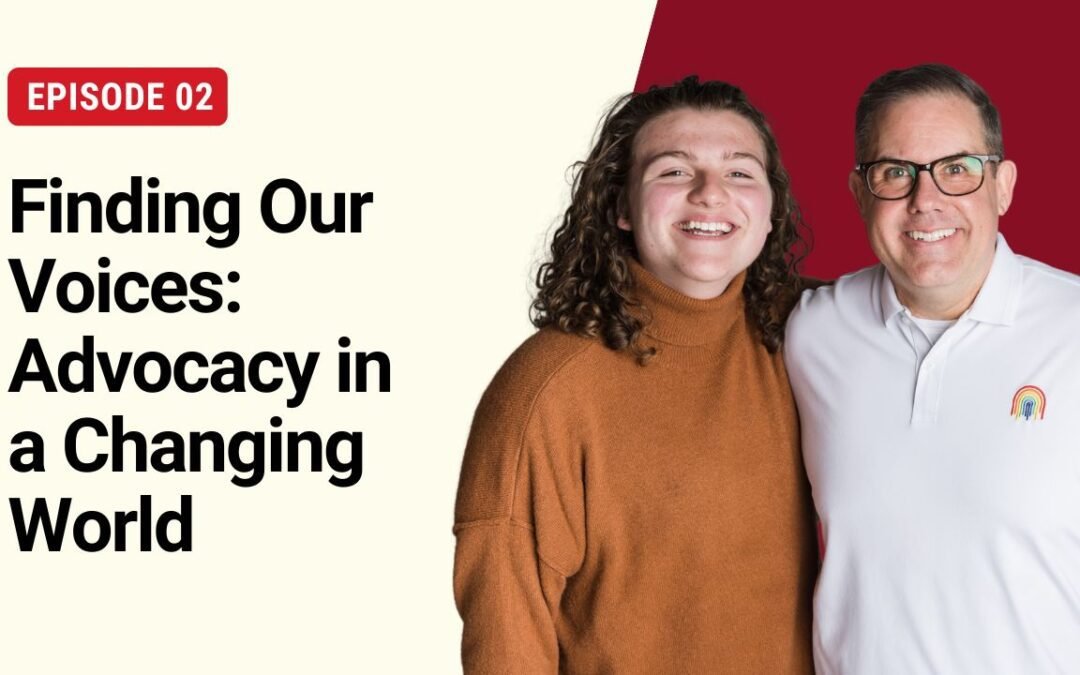
S3E2: Finding Our Voices: Advocacy in a Changing World
Chris and Soren sit down with seasoned lobbyist and tireless human rights advocate, Charlotte Warren, to explore the power—and the personal cost—of advocacy in today’s shifting political landscape.
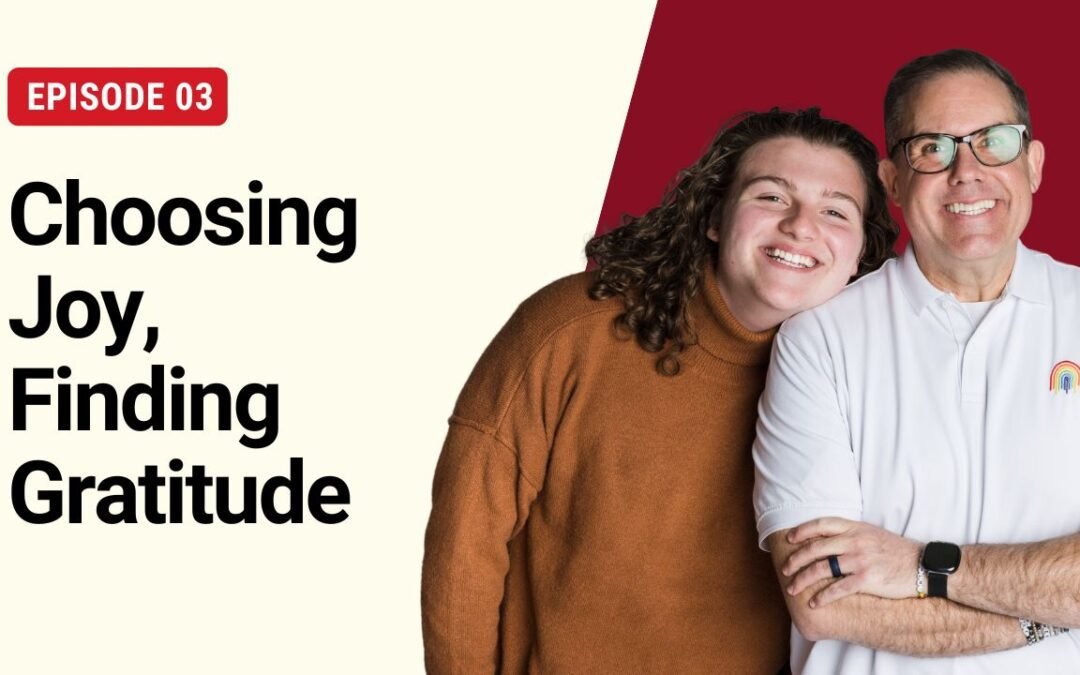
S3E3: Choosing Joy, Finding Gratitude
Chris and Soren unpack how reframing our thoughts can change the way we experience the world—from the inside out.

S3E4: The Power of Storytelling
Chris and Soren sit down with Authenticity Coach and Author Suzanne Carver to explore how sharing your story—and embracing who you truly are—can open doors to healing and transformation.
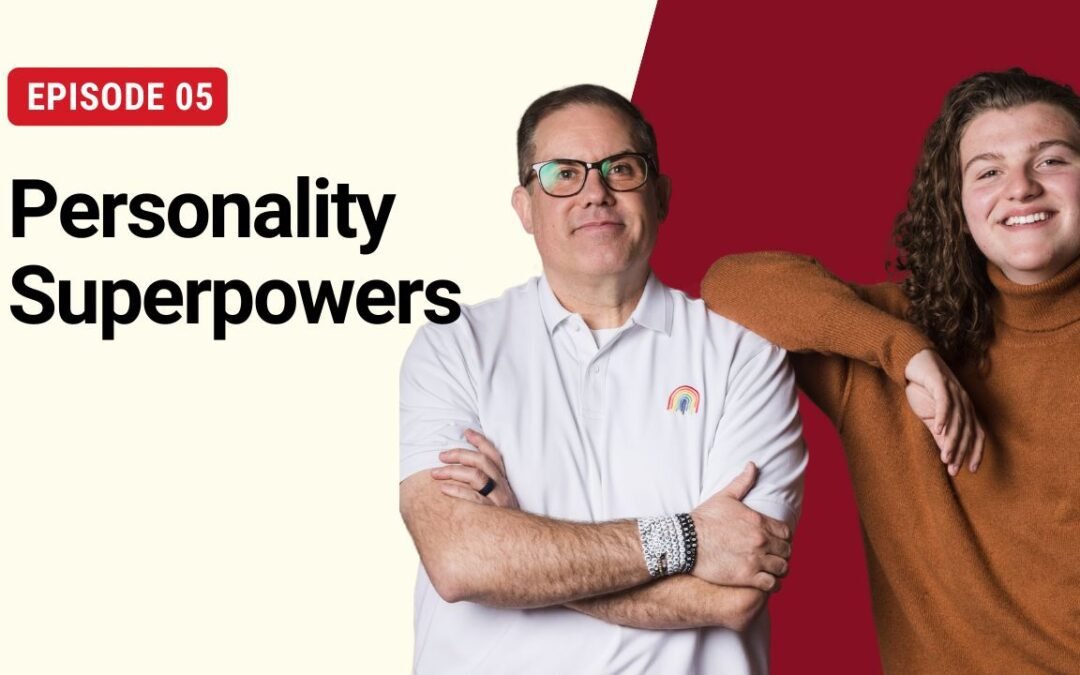
S3E5: Personality Superpowers
In this episode, Soren and Chris explore their Myers-Briggs personality types and how trauma and lived experience have influenced how they show up in the world.

S3E6: The Power of Pride
Together, they explore the deeper meaning behind Pride celebrations—why they matter, how they foster connection and visibility, and what it really takes to bring a community-wide event like this to life.
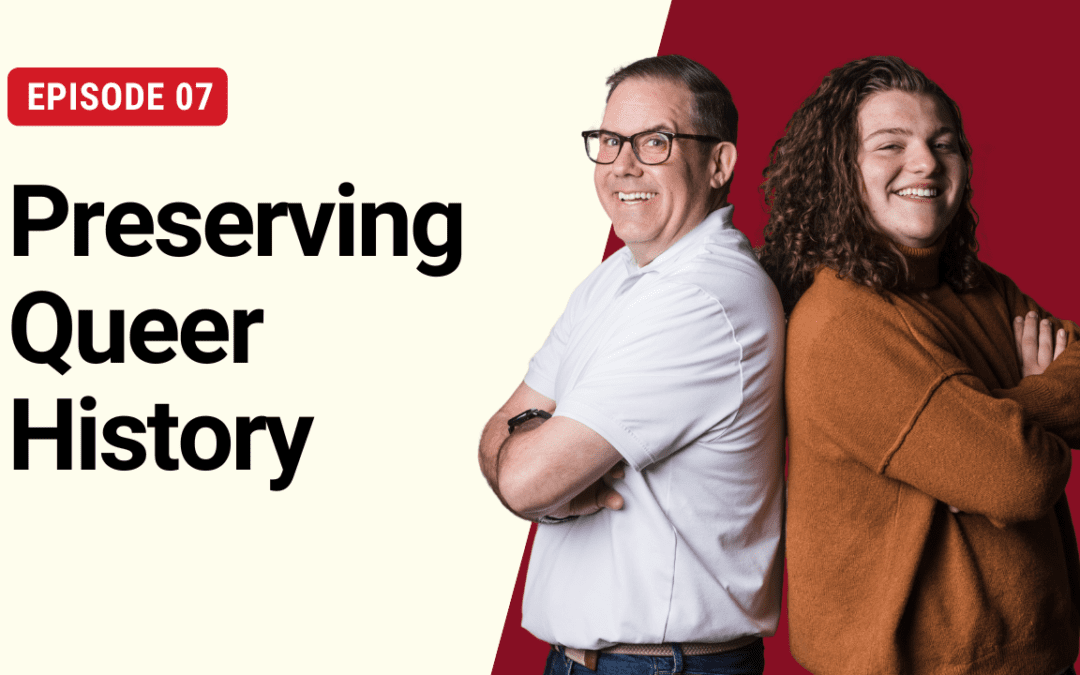
S3E7: Preserving Queer History
Soren and Chris sit down with special guests Sam and Emma to explore the vital importance of preserving queer history through storytelling and community memory.
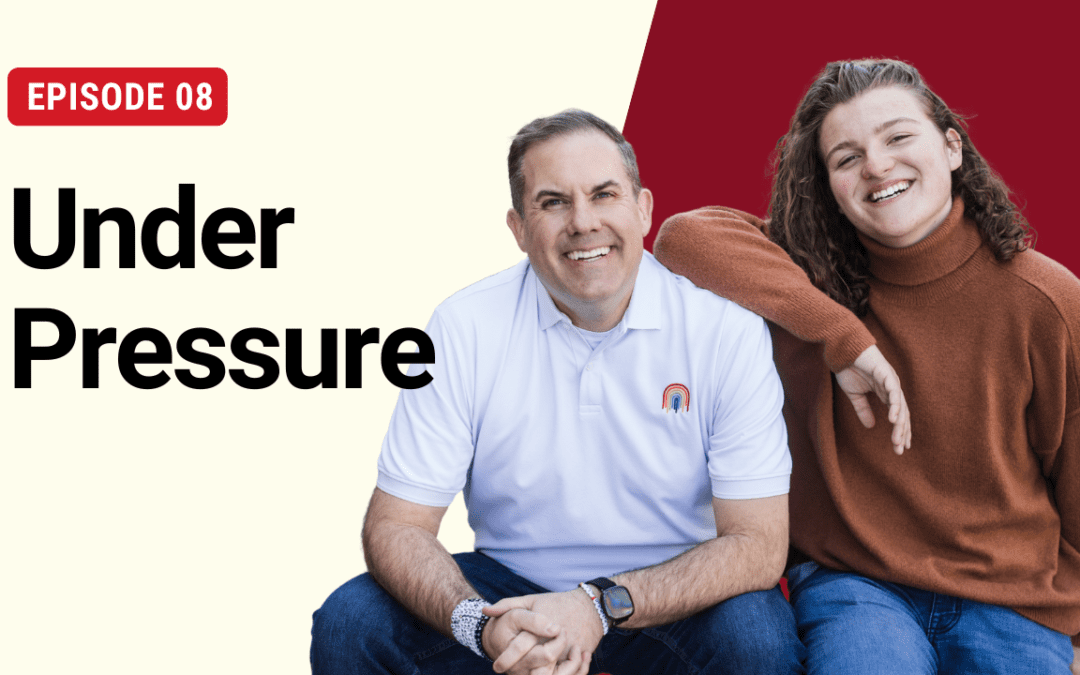
S3E8: Under Pressure
What happens when we let teens speak for themselves? In this candid and eye-opening episode, Soren and Chris hand the mic to two remarkable young adults—Sophie and Bennet
